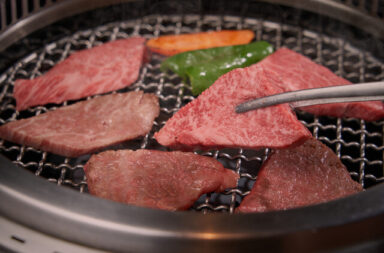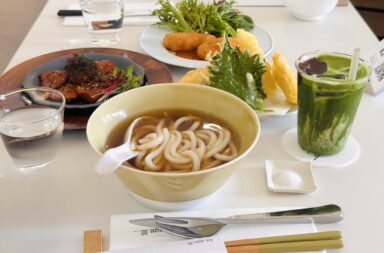This post is also available in: Indonesia
Getting halal food in Japan might be tricky yet challenging.
So much has changed in Japan recently in terms of halal food with the increasing awareness among the Japanese about the importance of diversifying foods, which is now available widely from the formal yet exclusive Japanese foods such as kaiseki-ryori and wagyu to casual eateries such as yakiniku and sushi.
For those who are visiting or residing in big cities in Japan, it is comparatively easier to find halal foods as it is now widely available in supermarkets as well as the rapidly increasing halal restaurants in these few years and great access to delivery.
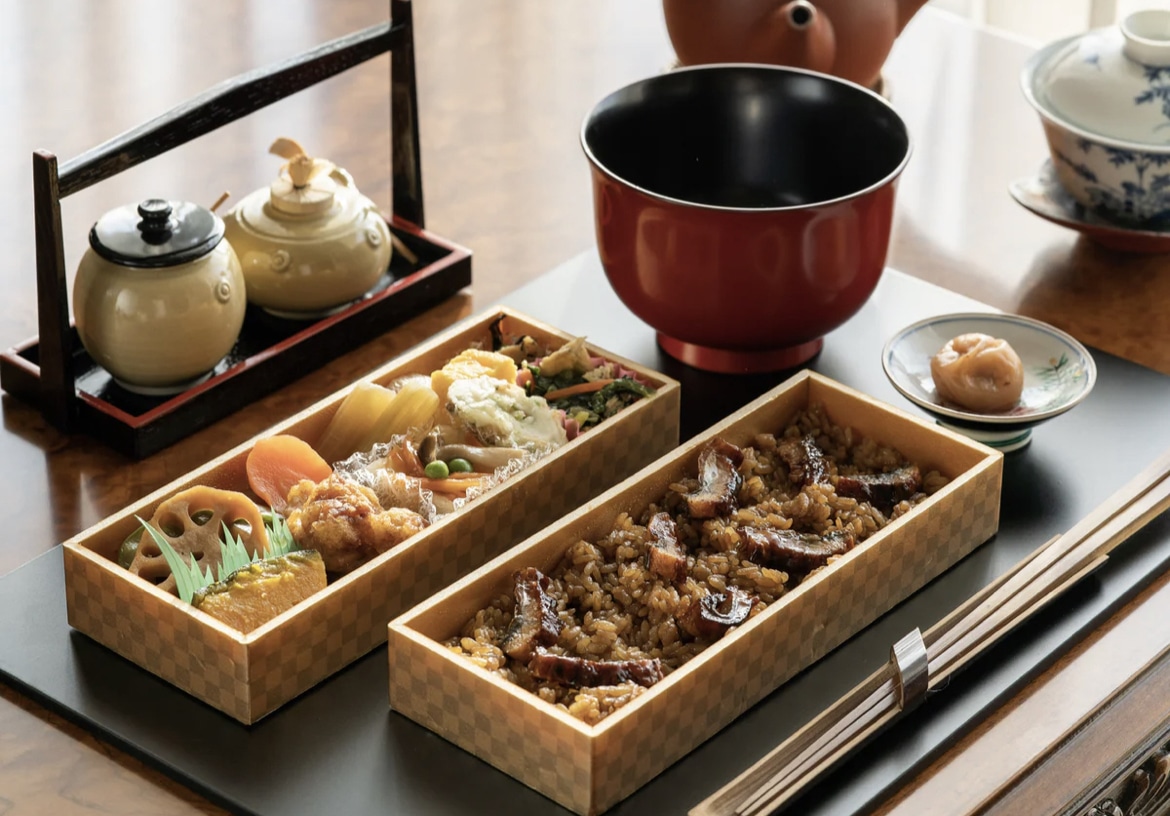
Japanese food (image)
In The Big Cities
Not to say, big cities are can be said as the paradise of halal foods. There is a number of halal restaurants and supermarkets that selling halal groceries. For Muslims who reside in, for example, Tokyo and Osaka, it is pretty easy to get their halal needs. You can go check the nearest shop and restaurant from your location through Halal Gourmet Japan (with a convenient mobile application). Some shops and restaurants serve delivery services, especially during the pandemic, so it is way easier to get your halal needs right in front of your door. Apart from physical stores, online halal shops could be your option to get your groceries conveniently.
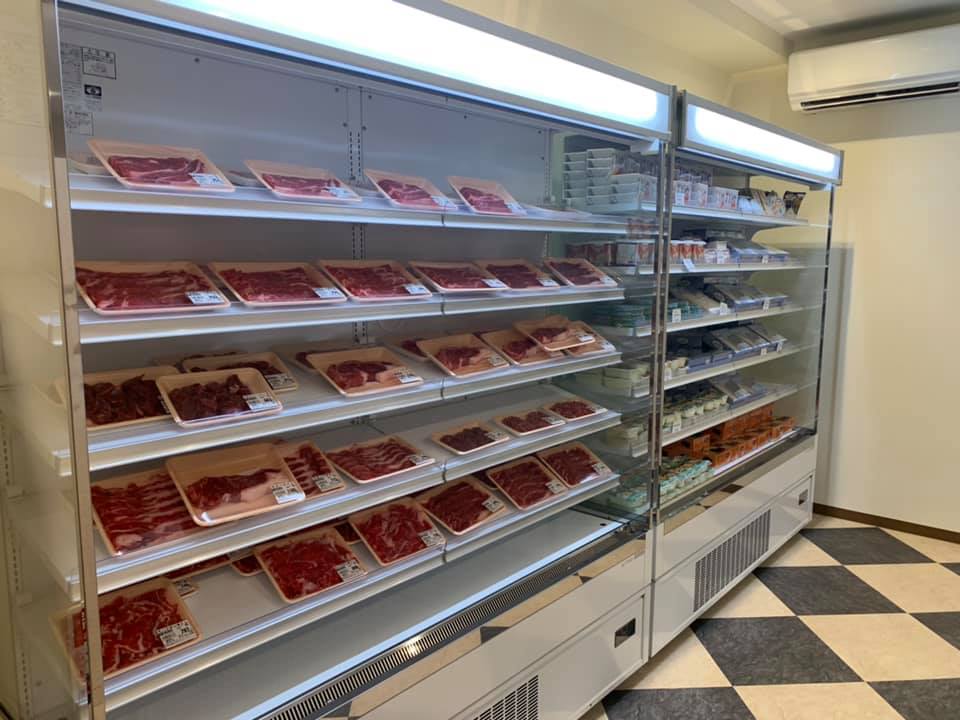
If you are visiting the big cities for travel, you might check the Gyomu Super to find some halal foods. In Tokyo, you might find some Seven-Eleven stores selling halal bento and use Halal Gourmet Japan to get you to selected halal restaurants.
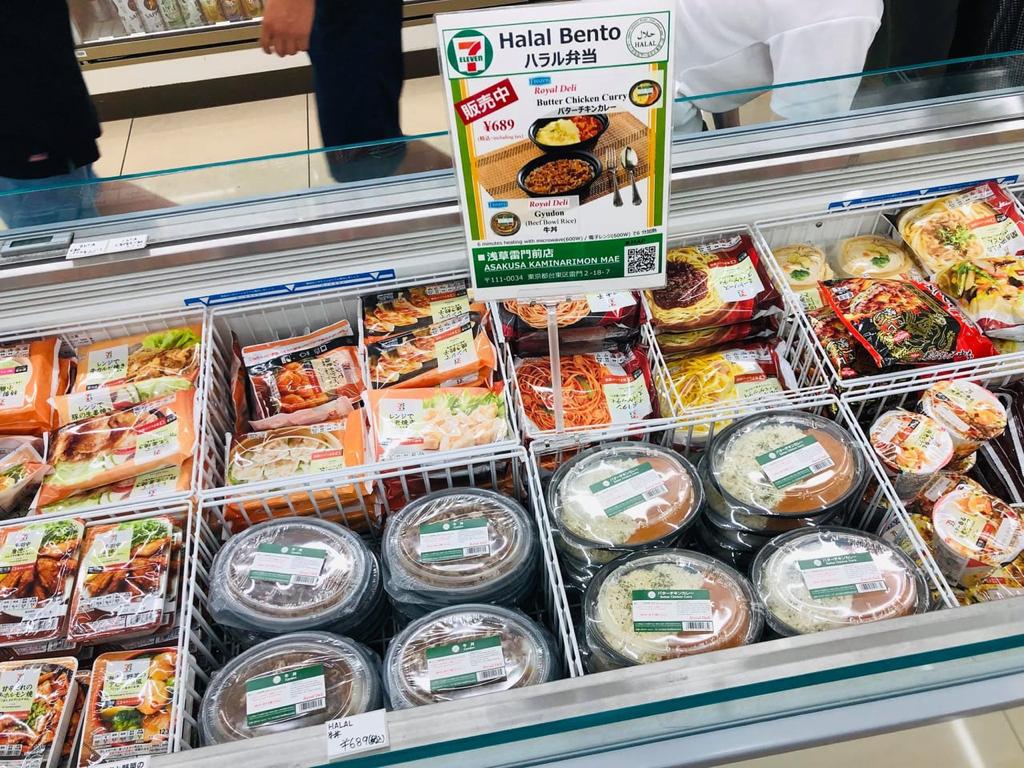
In The Countryside
Some countryside areas are having halal restaurants, actually, but not that easier compared to big cities since most are still very few. For groceries, you might still be able to find Gyomu Super nearby or get your groceries delivered to your home from the online halal shops, but eating outside is still quite challenging.
According to the writer’s experience when visiting the countryside, as well as information from Muslim travelers and residents in the countryside, we need to pick some Japanese restaurants that have a low possibility to have non-halal foods (such as soba shop, udon shop, tempura shop, etc) and communicate to the staff to serve foods that meets to our dietary. This trick usually works well, since most Japanese in the countryside are very kind.
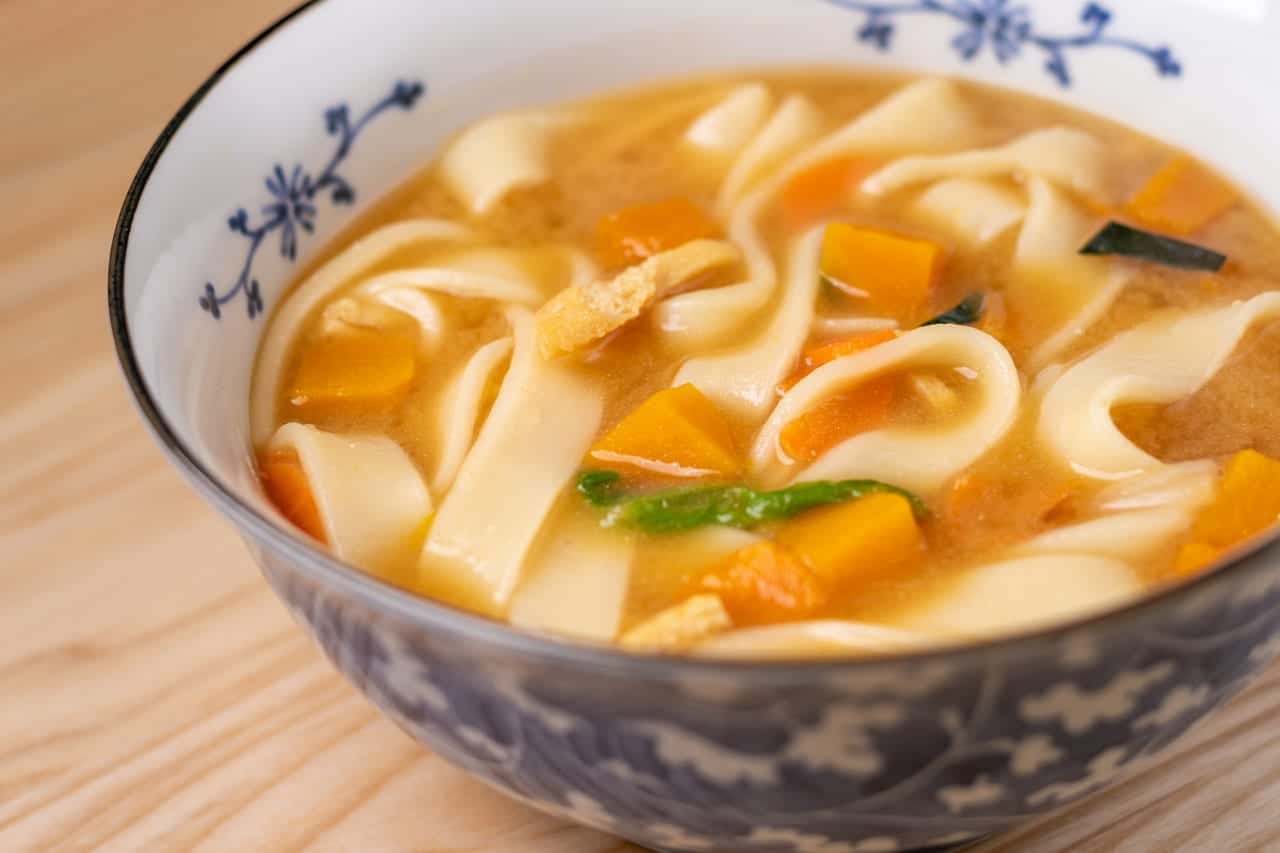
Local food (image)
The writer experienced having local udon in the Yamanashi Prefecture and actually asked the staff which meals are without non-halal ingredients or which meals that they can arrange to be Muslim-friendly. Alhamdulillah, the staff are very kind and seems they are pretty used to serve foreigners so they recommend the writer to a meal that is also vegetarian friendly, and very delicious.
The most important thing is to communicate your needs to them.
Checking Ingredients
This is a classic way to identify Muslim-friendly products in supermarkets or convenience stores as you can find here.
Since most of the Japanese products have their ingredients all written in Japanese, you can use the “scan” function from the Google Translate application and check whether it is consumable or not from the Muslim-friendly ingredient list.
However, we figured out that there is a variation in terms of tolerance towards some specific ingredients and also grey ingredients, which means still in controversy. That’s why we prefer to help to disclose ingredients for products in the market and let the consumer judge by giving guidance.
See Also
Food Dietary Communication Sheet (free download)
Clearing Misconceptions in Food Ingredients
Online Halal Shops
Japan has a number of online halal shops that are able to send stuff everywhere within the country. It ranges from Japanese seasonings and foods to countries’ foods such as the popular Toko Indonesia selling Indonesian foods, Baticrom selling Malaysian foods, and others.
See Also
To Find Halal Foods in Japan
We recommend to :
1. Find the nearest halal shops and restaurants through Halal Gourmet Japan.
2. Do groceries from halal online shops.
3. Communicate to restaurant staff about meals that meet your diet.
4. Check Food Diversity website and Halal Media Japan Instagram for the latest halal information in Japan
Halal has a standard but the tolerance varies for each person. So find a way that fits you the most and enjoy halal food in Japan!

